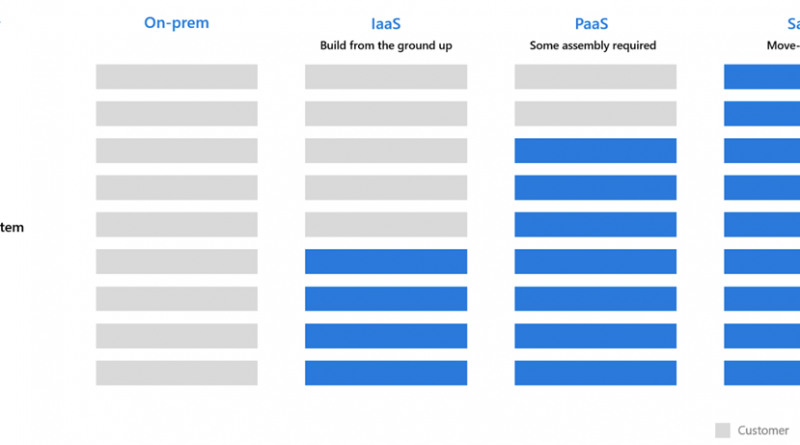Making it easier to bring your Linux based web apps to Azure App Service
Application development has radically changed over the years. From having to host all the physical hardware hosting the app and its dependences on-premises, to moving to a model where the hardware is hosted by external companies yet still managed by the users on to hosting your apps on a fully managed platform where all hardware and software management is done by the hosting provider. And then finally over to a full serverless solution where no resources need to be set up to run applications.
The perception of complexity in running smaller solutions in the cloud are slowly being eradicated due to moving solutions to a managed platform, where even non-technical audiences can manage their application in the cloud.
A great example in the managed platform realm is Azure App Service. Azure App Service provides an easy way to bring source code or containers and deploy full web apps in minutes, with the ease of configuration settings at the hands of the app owner. Built in features such as secure sockets layer (SSL) certificates, custom domains, auto-scaling, setting up a continuous integration and deployment (CI/CD) pipeline, diagnostics, troubleshooting, and much more, provides a powerful platform for full cycle build and management of the applications. Azure App Service also abstracts all of the infrastructure and its management overhead away from the users, maintaining the physical hardware running the service, patching security vulnerabilities, and continuously updating the underlying operating system.
Even in the managed platform world where customers shouldn’t care about the underlying platform they are physically running on, the reality is that some applications, depending on their framework, perform better on a specific operating system. This is the reason the team is putting a lot of work into the Linux hosting offering and making it easier to try it out. This includes our recent announcement about the free tier for Linux web apps, making it quick and simple to try out the platform with no commitments.
We’re excited to introduce a promotional price on the Basic app service plan for Linux, which depending on regional meters in your datacenter of choice, leads to a 66 percent price drop!
You can use the free tier to test the platform out, and then move up to the Basic tier and enjoy more of the platform’s capabilities. You can host many frameworks on this tier, including WordPress sites, Node.js, Python, Java, and PHP sites, and one of the most popular options that we’ve seen on the Linux offering – custom docker containers. Running a container hosted in Azure App Service provides an easy on-ramp for customers wanting to enjoy a fully managed platform, but also want a single deployable artifact containing an app and all of its dependencies, or want to work with a custom framework or version beyond the defaults built into the Azure App Service platform.
You can even use the Linux offering with networking solutions to secure your app using the preview feature of Azure virtual networks (VNet) integration to connect to an on-premise database, or to call into an Azure virtual network of your choice. You may also use access restrictions to control where your app may receive traffic from and place additional safeguards on the platform level.
What now? If you have a web workload you’re thinking of taking to the next level, try out Azure App Service now! Explore all of the possibilities waiting for you as you host your code or container on a managed platform that currently hosts more than two million sites!
Create your free Azure trial today.
Post on the Microsoft Developer Network forum for questions about Azure App Service.
If you have a feature suggestion for the product, please enter it in the feedback forum.
Source: Azure Blog Feed

